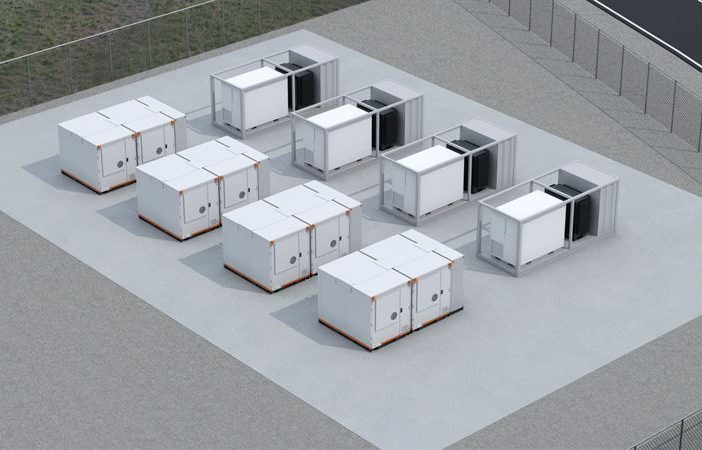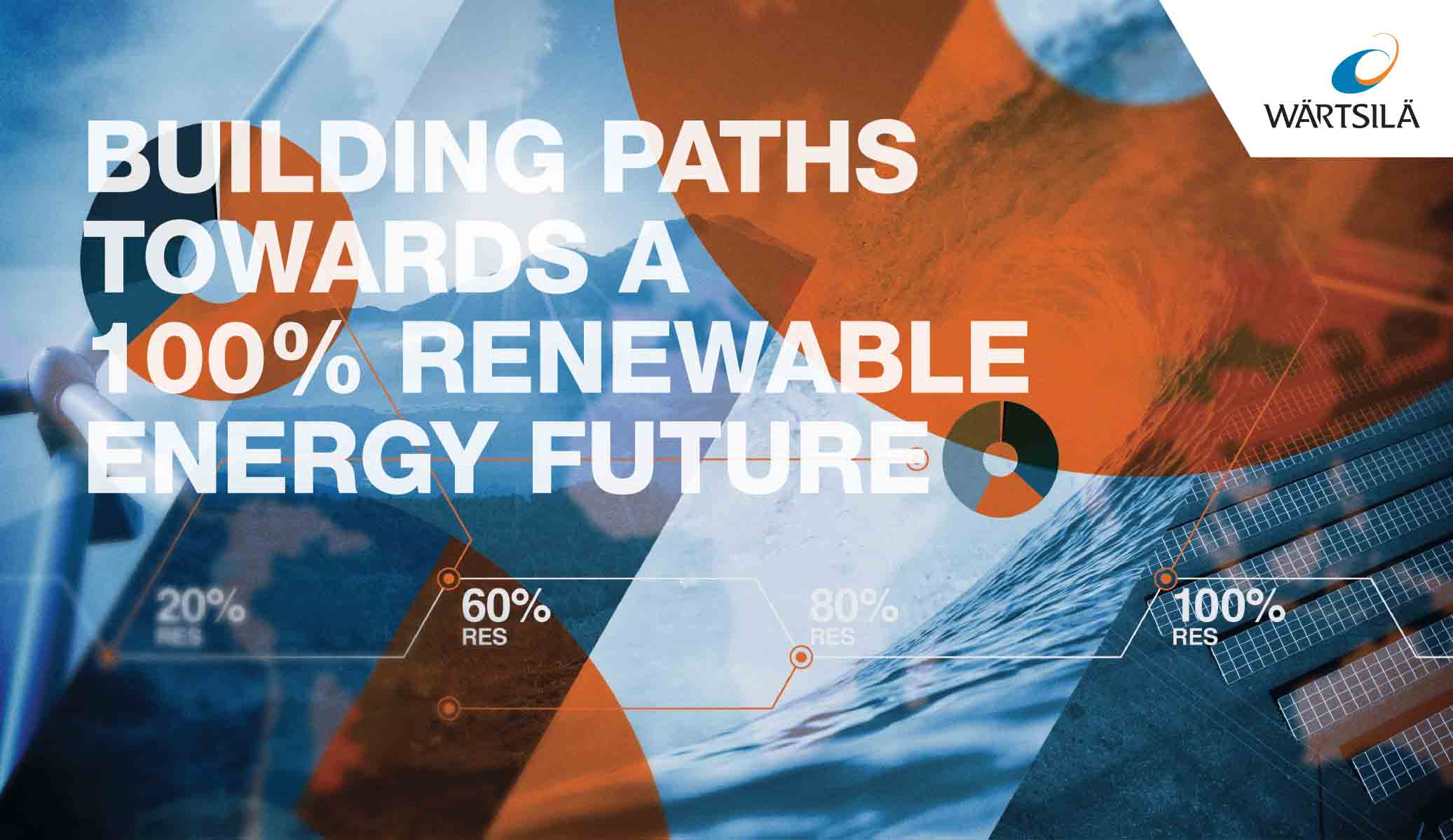News Flash
- German development agency, KfW, has entered into a US$22 million grant agreement with NamPower, Namibia’s state owned energy utility, for a utility-scale energy storage project.
- The battery storage system will be installed in Omburu located in the Erongo region in the North West of the country.
- NamPower is expected to provide the 20% of the total cost of the project.
The storage project will connect to Namibia’s national grid from the Umburu substation. The storage project will play an important part of stabilising Namibia’s grid and providing a back-up solution in case of failures of existing generation facilities.
Namibia released a tender for the 75MWh energy storage project back in July 2021. Read more
The project has also been designed to reduce the cost of importing electricity through the Southern African Power Pool (SAPP). The batteries will store electricity during off-peak hours, when the MWh cost is low, and feed the electricity back into the grid during peak hours.
Related news: Namibia announces preferred bidder for US$9.4 billion green hydrogen production project
The storage project will also play a crucial role in stabilising the grid as more intermittent renewable energy resources are integrated into Namibia’s grid.
Author: Bryan Groenendaal

















